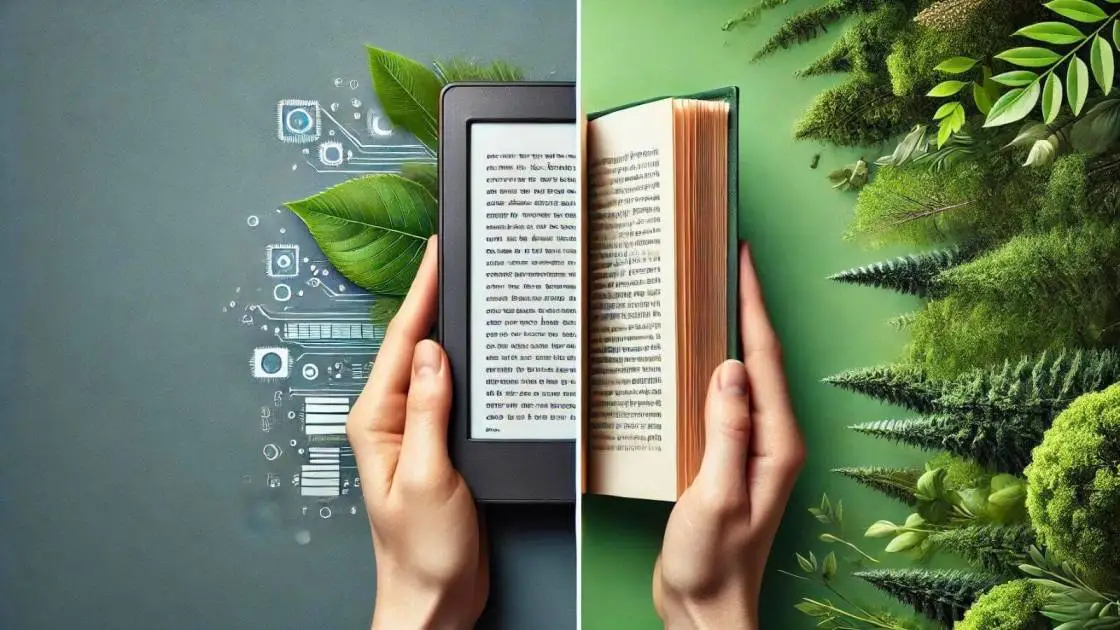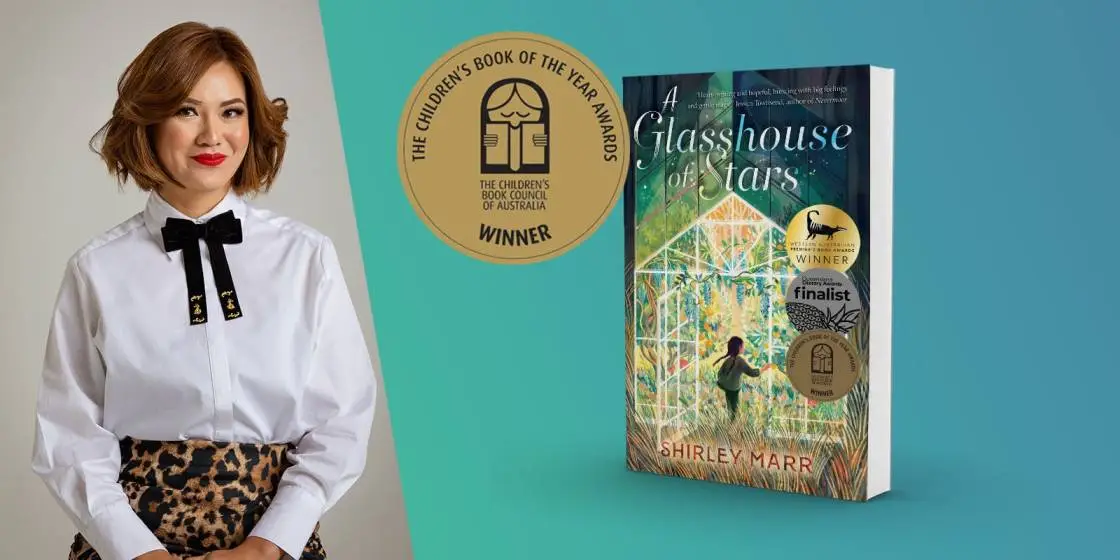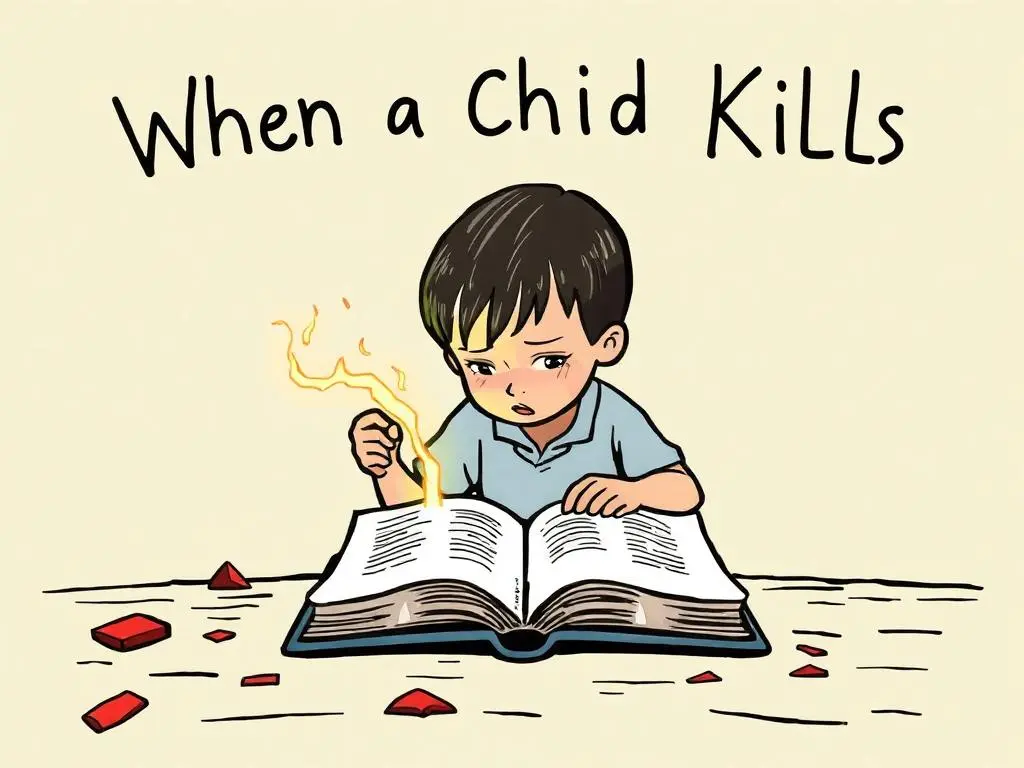Sally Rooneys Attention Span Has Improved

The novelist, whose book “Normal People” is new in paperback, used to resist long sentences: “I found Henry James almost unreadable five or six years ago, and now I love him! Who knows what I might get into next?”
What books are on your nightstand?
I’ve been traveling over the last few weeks so my reading has been even more disorganized than usual. Last week I finished Natalia Ginzburg’s very beautiful novel “Family Lexicon,” translated by Jenny McPhee. Right now, I’m reading and enjoying a few different books at once: Dostoyevsky’s “The Karamazov Brothers,” in a translation by Ignat Avsey; Zadie Smith’s collection “Grand Union”; and Andrés Barba’s forthcoming novel “A Luminous Republic,” translated by Lisa Dillman.
What’s the last great book you read?
Other than the above mentioned, I finally finished “Anna Karenina” recently, in a translation by Richard Pevear and Larissa Volokhonsky. I think I can say without controversy that it’s a great book.
Are there any classic novels that you only recently read for the first time?
Yes! And not only “Anna Karenina.” I read Henry James’s “Washington Square” for the first time a couple of weeks before that, and last summer I read Proust’s “The Guermantes Way” in the Moncrieff and Kilmartin translation. There are a lot of classic novels out there, and I’m trying my best to read as many as I can. But I’m also aware that most of my reading until now has been limited to the literary traditions of Europe and North America. I just wish I had time to read everything.
Describe your ideal reading experience (when, where, what, how).
I like to be alone and undisturbed, so I can read out loud to myself if I feel like it. If I get tangled up in a sentence or I lose my train of thought, I find reading aloud can be helpful. Alone on the sofa with a cup of coffee is pretty close to the ideal. As for what I’m reading, preferably something old, but it should also be something I’ve never read before.
What writers are especially good on life in the digital age?
One of my favorite books about our present cultural moment is Heike Geissler’s “Seasonal Associate,” an autobiographical work documenting the author’s time working at an Amazon warehouse. Geissler’s writing, translated into English by Katy Derbyshire, is precise, strange, intelligent and grimly funny — and manages to present a vision of the digital age which is for once not oriented around the consumer, but around the ever-present and increasingly invisible worker.
Do you count any books as guilty pleasures?
I think I can turn almost any book into a guilty pleasure simply by falling in love with, or imagining myself to be, one of the principal characters. This method works especially well if I can do both at once. For example, I fell in love with Dorothy L. Sayers’s fictional detective Lord Peter Wimsey immediately on first encountering him in the 1923 novel “Whose Body?” I went on to read all the other Wimsey novels one after another, spending many blissful afternoons murmuring his dialogue aloud to myself fondly. Midway through the series of books, and I actually did not know this before I read them, Wimsey meets a plain but brilliant young novelist named Harriet Vane, and romance ensues. So yes, I count some books as guilty pleasures, but the guilt is all mine.
What moves you most in a work of literature?
Love and happiness.
Do you prefer books that reach you emotionally, or intellectually?
Almost all my favorite books are fiction, and I think fiction has to do both. The relationship between what we know and what we feel is in some ways the driving force of the novel as a form.
How do you organize your books?
I don’t. I just accumulate new ones all the time and leave them lying around on shelves and household surfaces in no order whatsoever.
What book might people be surprised to find on your shelves?
I try to bring the New Testament with me wherever I go. But then, I’m not sure whether that’s surprising or not — it’s a very popular book.
What’s the best book you’ve ever received as a gift?
For some reason, I don’t often get around to reading books that I receive as gifts. I think I usually have a fairly long “to-read” list in my head and it’s hard to insert new books in there just because I’ve received them as gifts. I do still enjoy getting books as gifts, though. It’s nice just to have them.
Who is your favorite fictional hero or heroine? Your favorite antihero or villain?
I really love Prince Myshkin in “The Idiot.” Sadly, “The Idiot” is the kind of novel where things incessantly go wrong for everyone, which makes it a difficult reading experience for the emotionally invested. I also, and less stressfully, love the heroine of Jane Austen’s “Emma.”
How have your reading tastes changed over time?
I like to think my attention span has improved a little bit, so I can read longer novels now, and also novels with longer sentences. I used to find lengthy paragraphs without line breaks difficult and boring, and now I enjoy them. Come to think of it, I found Henry James almost unreadable five or six years ago, and now I love him! Who knows what I might get into next?
What do you plan to read next?
First, I plan to finish the array of very fine books I am presently reading. Then I have grand plans to read lots of new books that are recently published or soon-to-be published — we’ll see how that works out. I’m trying to write a new novel myself at the moment, which I think makes it harder for me to keep up with the publishing culture. In my experience, writing a novel requires some periods of quiet and contemplation, which at times can feel opposed to the comparatively fast-paced and noisy world of contemporary publishing. But I wish I was better at keeping the two in balance, because I miss out on a lot of good books. I suppose I can always come back to them in 50 years — if I live that long, and if civilization still persists. Big “ifs.”




